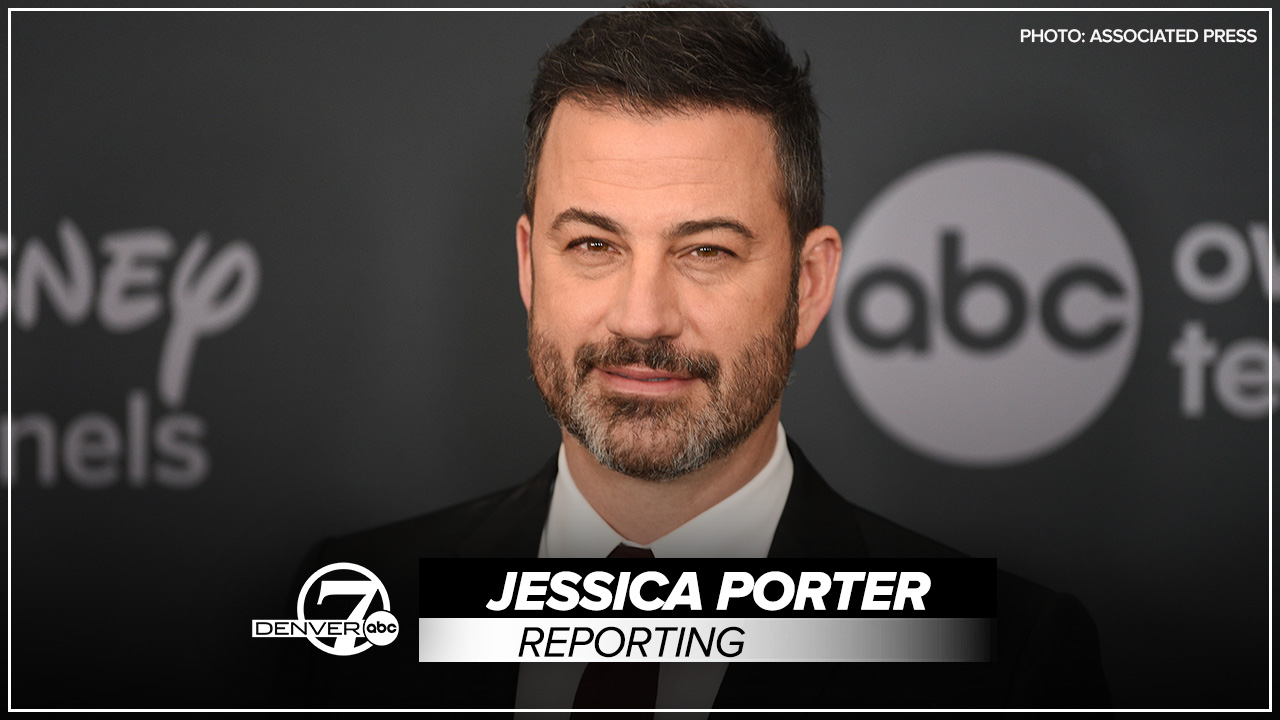DENVER — All eyes are on the Federal Communications Commission after "Jimmy Kimmel Live!" returned to ABC Tuesday night.
President Donald Trump responded to the news on Truth Social, writing that ABC told the White House the show would not be returning. He then alluded to the possibility of legal action.
“I think we’re going to test ABC out on this. Let’s see how we do. Last time I went after them, they gave me $16 Million Dollars. This one sounds even more lucrative. A true bunch of losers!” Trump wrote on Truth Social.

During his emotional opening monologue, Kimmel spoke for the first time about being suspended on Sept. 17 because of comments he made about the assassination of Charlie Kirk.
“This show is not important. What is important is we get to live in a country that allows us to have a show like this,” Kimmel said. “They tried to coerce the affiliates who run our show in the cities that you live in to take my show off the air, that’s not legal, that’s not American.”
The Sinclair Broadcast Group and Nexstar Media Group continue to preempt Jimmy Kimmel's late-night show on their ABC stations. Together, Sinclair and Nexstar control more than 25% of the ABC stations, according to Reuters.
Despite the blackouts in many cities, 6.3 million viewers tuned in to watch Kimmel's return, according to the Associated Press.
Denver7 is owned by a different media company, E.W. Scripps, and is continuing to broadcast Kimmel’s late-night talk show.

Entertainment
Watch Jimmy Kimmel's first monologue back on air after suspension
FCC Chair Brendan Carr said Tuesday that the FCC’s job is to empower local TV stations like Sinclair and Nexstar to push back on content that doesn’t support the public interest.
University of Denver law professor Alan Chen told Denver7 it’s now up to the FCC to take formal regulatory action against ABC.
“ABC would probably invoke a First Amendment defense to any charges that the FCC would try to bring against them,” Chen said. “There hasn't been any public argument by the FCC or any of its commissioners about any specific regulation or law that ABC violated.”
Chen said there is an FCC regulation that allows commissioners to intervene when a broadcaster is engaging in political bias, but it is hard to prove.
“I think what Commissioner Carr did is setting a dangerous precedent, which is to basically use the FCC regulatory power as a tool to pressure private broadcasters to censor a program that they share with the public,” Chen said. “I'm heartened by the wide public response from both liberals and conservatives about the dangers of the FCC wielding that kind of power over broadcasters.”





